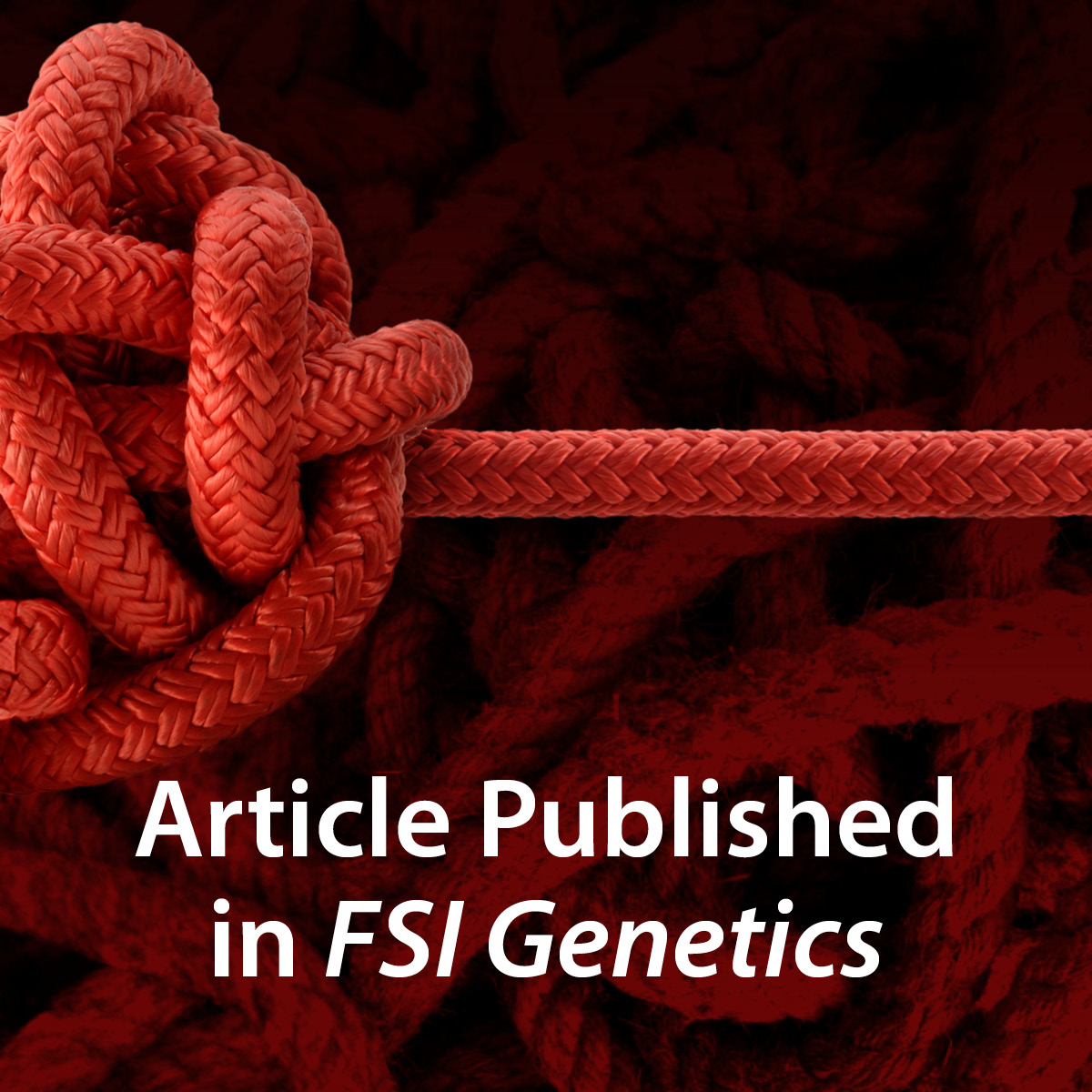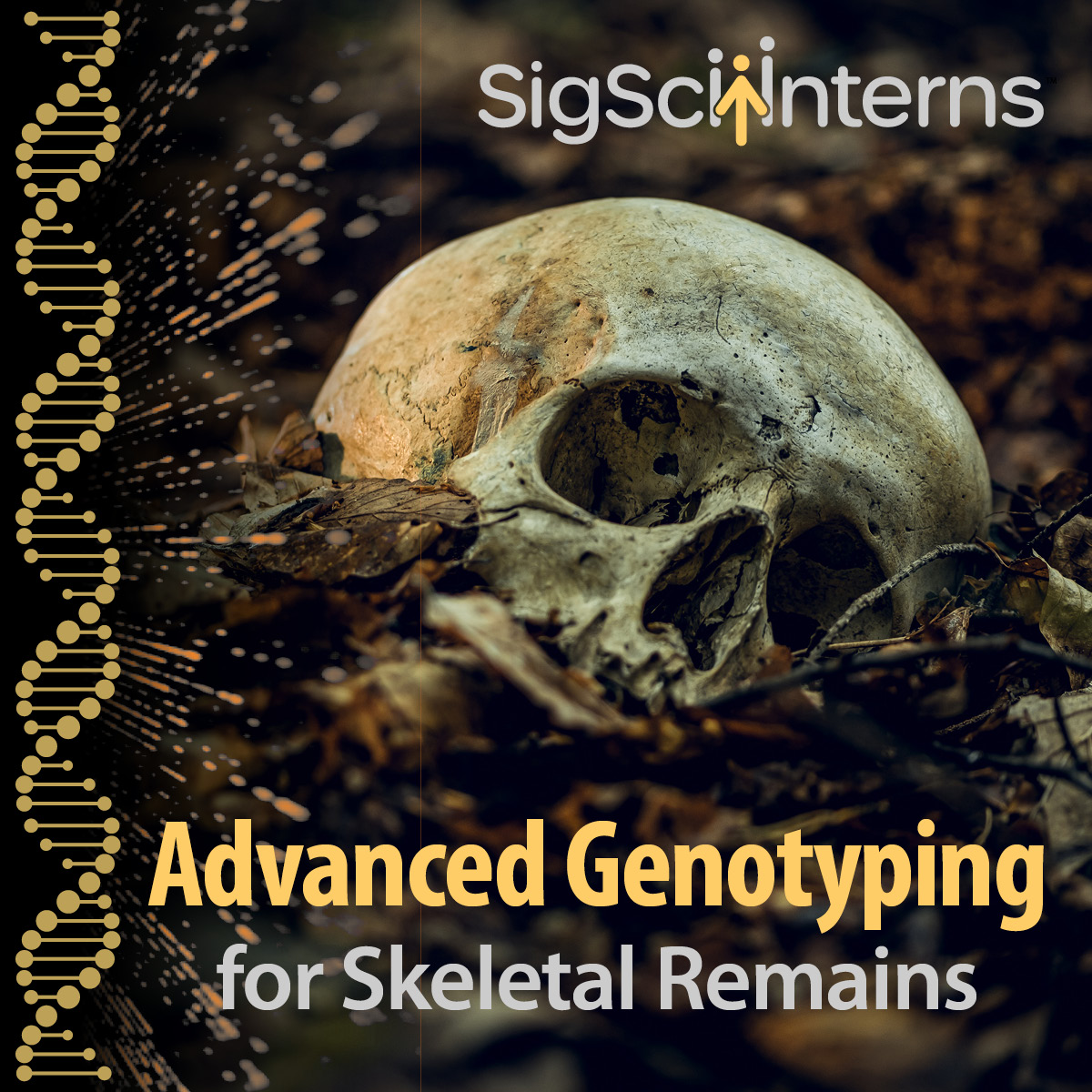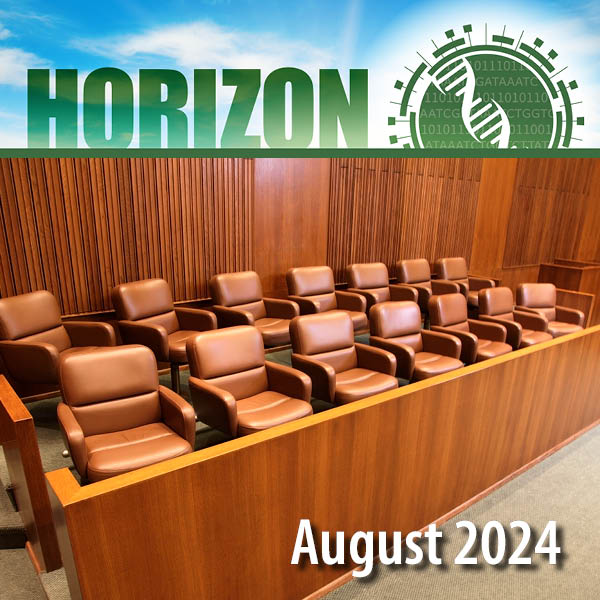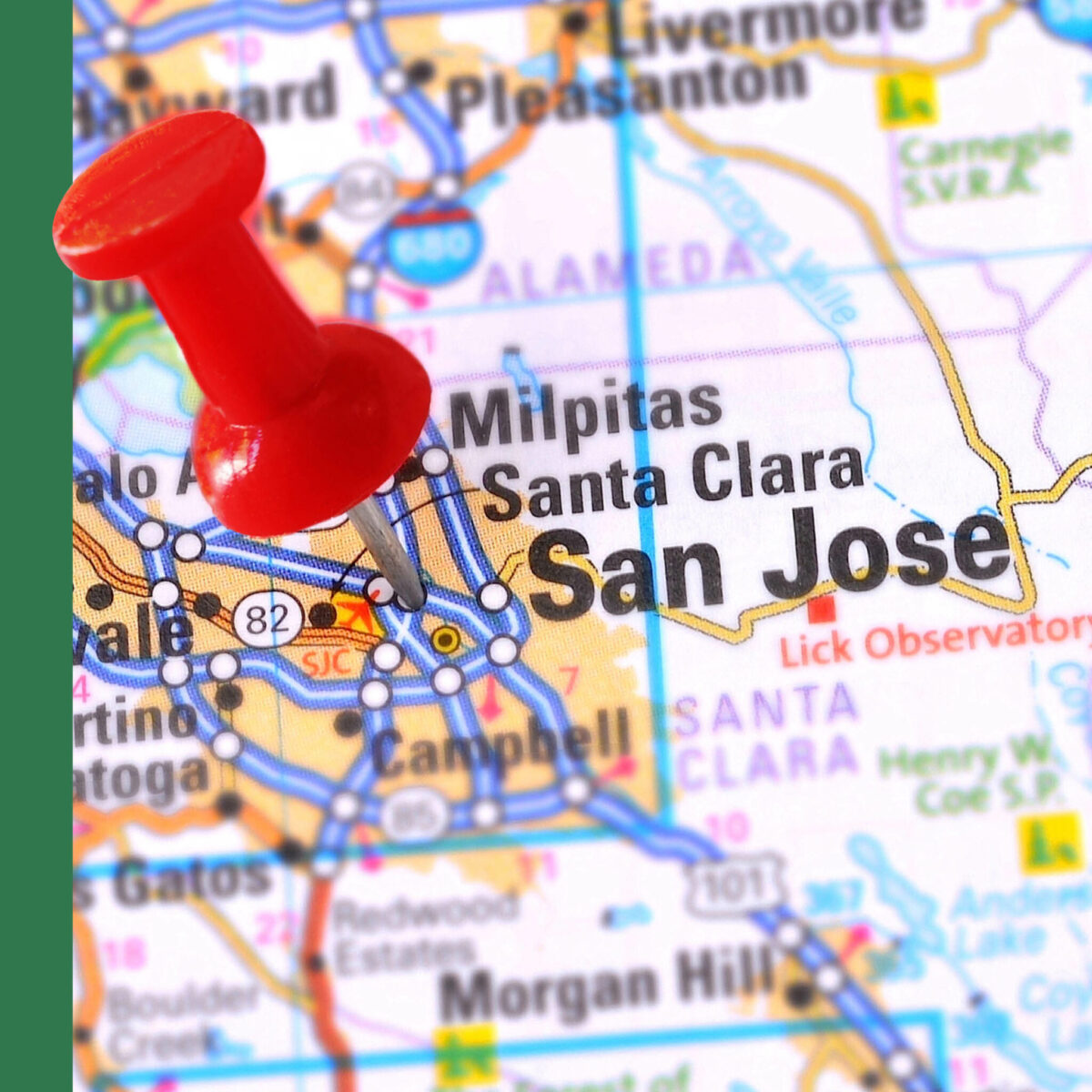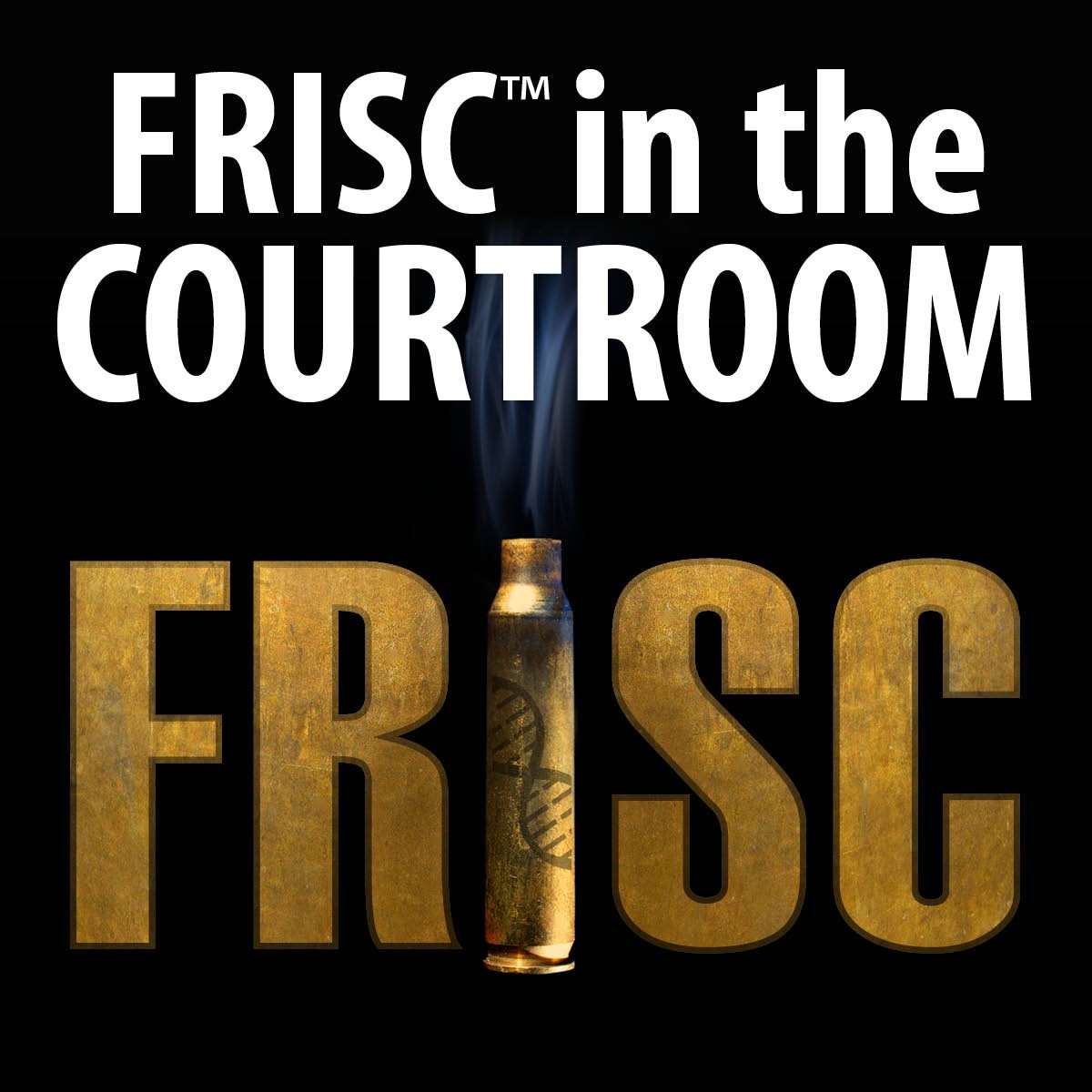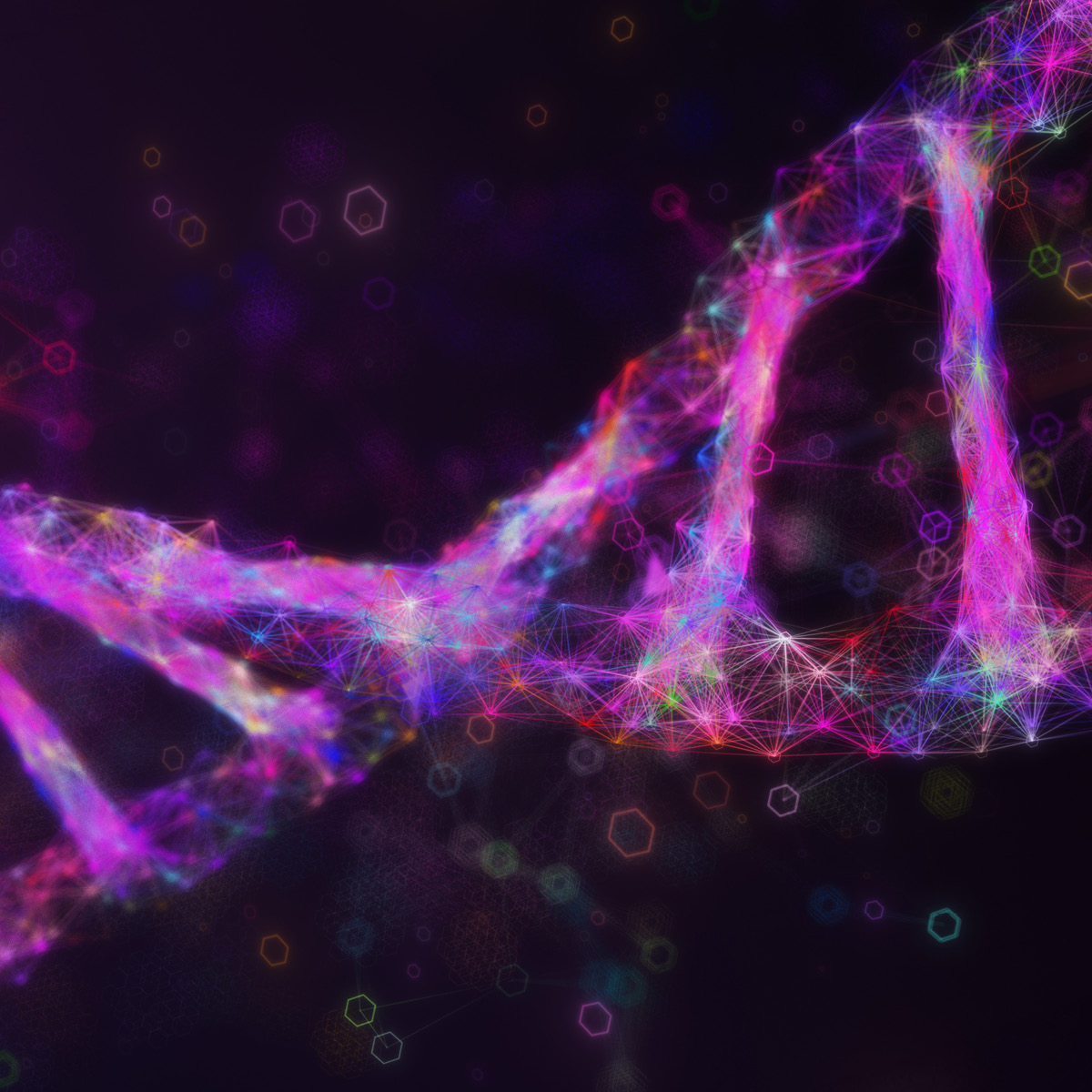
Signature Science Achieves ISO/IEC 17025:2017 Accreditation for Massively Parallel Sequencing (MPS)
Achievement builds on Company’s forensic science laboratory’s accreditation scope and expands its accredited offerings into the Forensic Genetic Genealogy space. AUSTIN, TEXAS – February 25, 2025 – Signature Science’s Advanced Genomics Laboratory has been issued accreditation by ANAB, the ANSI National Accreditation Board, to the ISO/IEC 17025:2017 quality standard as... MORE


